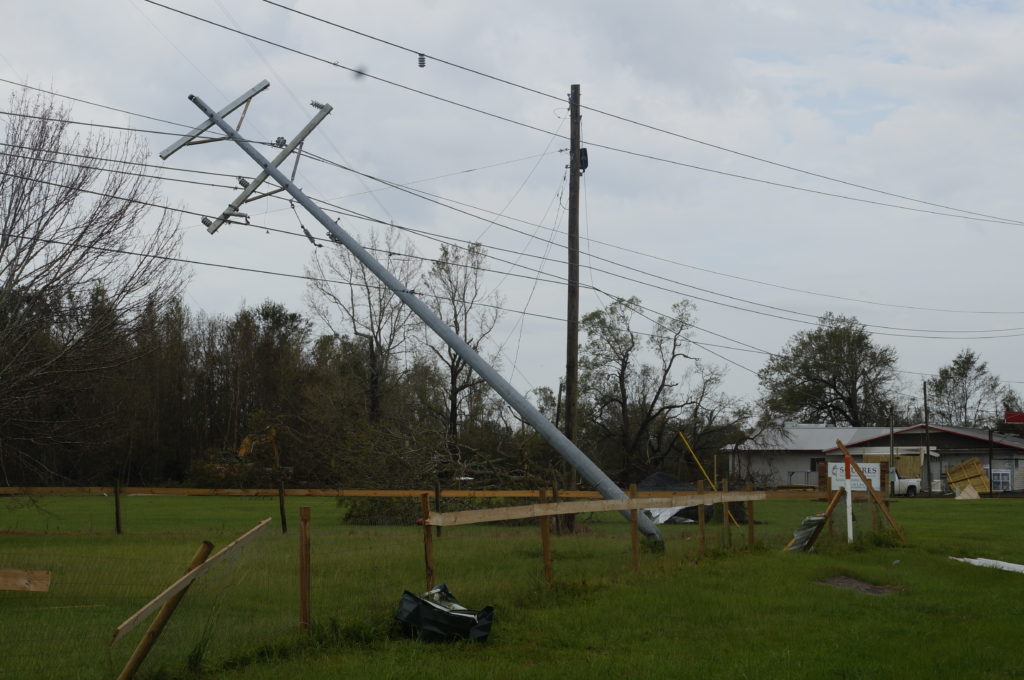
The Federal Emergency Management Agency must fix policies and regulations that create financial hardships for electric cooperatives and their communities struggling to recover from natural disasters, NRECA said in comments recently filed at the agency.
The comments were submitted in response to FEMA’s request for information following a White House executive order on racial equity and federal support for underserved communities. They outline several areas of significant concern:
• FEMA’s policy change on emergency work.
• Slow disbursement of emergency funds.
• Inability to provide nonprofits direct access to certain disaster funds.
• Failure to implement provisions of the Disaster Recovery Reform Act of 2018 to deliver aid.
FEMA should increase its focus on the most economically challenged areas after floods, hurricanes, ice storms and other catastrophes, said Martha Duggan, NRECA senior director of regulatory affairs.
Instead, FEMA’s move to redefine “emergency work” as opposed to “permanent work” for utilities may result in an additional $12.5 million in storm expenses for electric cooperatives slammed by Hurricane Laura last August, she said.
“In the wake of a disaster, electric cooperatives strive to restore their systems without raising rates to people who are already economically stressed pre-disaster,” said Duggan.
“Raising rates after a disaster simply exacerbates poverty in these communities. But raising rates is exactly what electric cooperatives will have to do absent fair, efficient, consistent and adequate FEMA reimbursement processes.”
More than 250 distribution co-ops and NRECA-member public power districts serve an estimated 4.2 million people in 92% of the nation’s “persistent poverty counties” as identified by the U.S. Treasury Community Development Financial Institutions Fund.
“Delays in financial assistance force electric cooperatives to borrow substantial amounts of money to bridge the time between disaster impacts and FEMA payment,” Duggan said. “The interest on these loans becomes a cost to the consumer-owners of the electric cooperatives who may be suffering tremendous financial setbacks themselves after the disaster.”
NRECA is encouraging FEMA to reimburse the interest on these loans as an eligible cost incurred after a disaster hits an electric co-op’s system, she said.
Earlier this year, NRECA provided input to FEMA in opposition to a proposed rule for cost assistance estimates in the disaster declaration process for its public assistance program. That proposal has been roundly criticized by other stakeholders, including state and local governments.
Cathy Cash is a staff writer for NRECA.